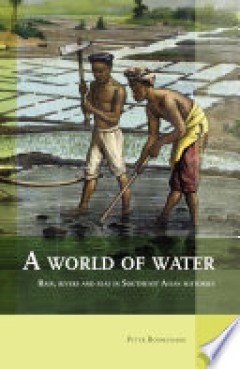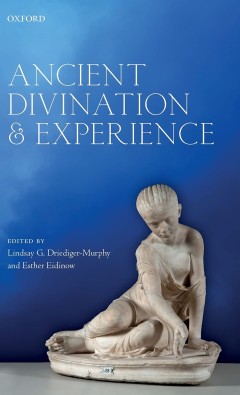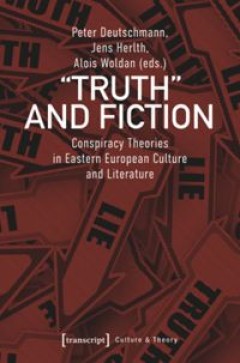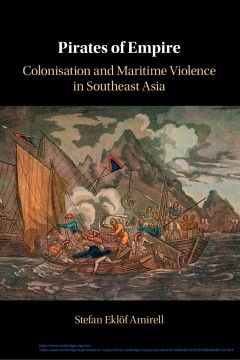Filter by

A world of water: Rain, rivers and seas in Southeast Asian histories
Water, in its many guises, has always played a powerful role in shaping Southeast Asian histories, cultures, societies and economies. This volume, the rewritten results of an international workshop, with participants from eight countries, contains thirteen essays, representing a broad range of approaches to the study of Southeast Asia with water as the central theme. As it was exposed to the se…
- Edition
- -
- ISBN/ISSN
- 9789004254015
- Collation
- vii, 368
- Series Title
- -
- Call Number
- 304.20959

Ancient divination and experience
The introduction to this volume describes the contribution that it makes to scholarship on ancient divinatory practices. It analyses previous and current research, arguing that while this predominantly functionalist work reveals important socio-political dimensions of divination, it also runs the risk of obscuring from view the very people, ideologies, and experiences that scholars seek to unde…
- Edition
- -
- ISBN/ISSN
- 9780198844549
- Collation
- ix, 285p.
- Series Title
- -
- Call Number
- 203.2 ANC a

"Truth" and fiction : conspiracy theories in Eastern European culture and lit…
Several of the most prolific and influential conspiracy theories originated in Eastern Europe. The efficacy of conspiracy narratives can be observed in recent developments in Poland or with regard to the wars waged in eastern Ukraine and in former Yugoslavia. This volume analyses the history behind this widespread phenomenon as well as its relationship with representations of the present in Eas…
- Edition
- -
- ISBN/ISSN
- 9783839446508
- Collation
- 381 p.
- Series Title
- Edition Kulturwissenschaft, 193
- Call Number
- 809.93355 TRU t

Pirates of empire : colonisation and maritime violence in Southeast Asia
The suppression of piracy and other forms of maritime violence was a keystone in the colonisation of Southeast Asia. Focusing on what was seen in the nineteenth century as the three most pirate-infested areas in the region - the Sulu Sea, the Strait of Malacca and Indochina - this comparative study in colonial history explores how piracy was defined, contested and used to resist or justify colo…
- Edition
- -
- ISBN/ISSN
- 9781108594516
- Collation
- ix, 266p. : ill.
- Series Title
- -
- Call Number
- 364.164 AMI p
 Computer Science, Information & General Works
Computer Science, Information & General Works  Philosophy & Psychology
Philosophy & Psychology  Religion
Religion  Social Sciences
Social Sciences  Language
Language  Pure Science
Pure Science  Applied Sciences
Applied Sciences  Art & Recreation
Art & Recreation  Literature
Literature  History & Geography
History & Geography